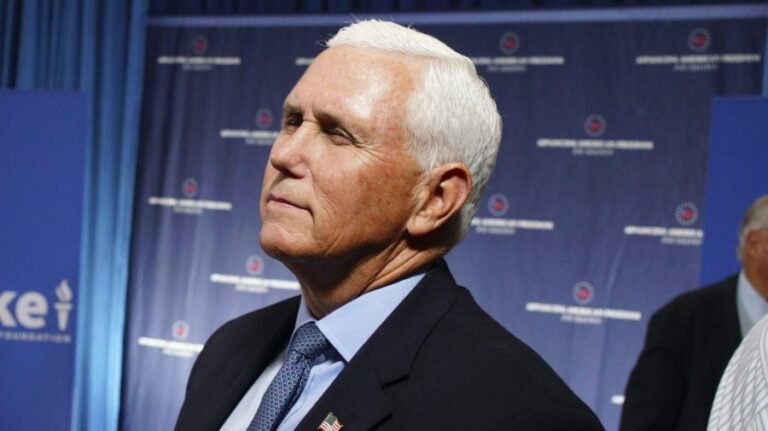
Justice Sonia Sotomayor on Monday blasted the Supreme Court’s decision to lift restrictions on Los Angeles-area immigration stops based on criteria like speaking Spanish or working in a certain profession, calling the ruling “unconscionably irreconcilable with our Nation’s constitutional guarantees.”
“We should not have to live in a country where the Government can seize anyone who looks Latino, speaks Spanish, and appears to work a low wage job,” Sotomayor wrote in a dissenting opinion joined by the court’s other two liberal justices, Justices Elena Kagan and Ketanji Brown Jackson.
“Rather than stand idly by while our constitutional freedoms are lost, I dissent,” she said.
The high court’s decision came after the Trump administration sought emergency intervention.
U.S. District Judge Maame Ewusi-Mensah Frimpong imposed the limits in July after finding the administration likely violated the Fourth Amendment by stopping people without reasonable suspicion.
She barred immigration authorities from relying on four factors to conduct immigration stops and arrests: race, use of Spanish, type of work or physical presence at a location where migrants in the country unlawfully are known to gather.
The ruling applied to the Central District of California, which includes Los Angeles and surrounding cities such as Riverside, San Bernardino and San Luis Obispo. More than 20 million people live in the area.
But on Monday, the justices lifted the restrictions without explanation in a one-paragraph order.
Sotomayor said the decision was “yet another grave misuse” of the court’s emergency docket.
“There may be good justification for issuing an unreasoned order in some circumstances,” Sotomayor wrote. “Yet, some situations simply cry out for an explanation, such as when the Government’s conduct flagrantly violates the law, or when lower courts and litigants need guidance about the issues on which they should focus.”
She explained that the lower court would inevitably soon hold a hearing on the challengers’ motions for a preliminary injunction and class certification, but when it does so, it will have only her concurrence and Justice Brett Kavanaugh’s solo opinion concurring with the majority from which to reason.
“This situation demands more,” the justice wrote.
Kavanaugh wrote in his concurrence that the plaintiffs likely lack standing to bring the legal challenge, contending the administration is likely to succeed in defeating the lawsuit.
He also said that while “apparent ethnicity alone” cannot amount to reasonable suspicion, it can be a relevant factor when considered alongside other “salient” factors.
Sotomayor took pointed aim at that notion, writing that it ignores the “obvious reality” that ethnicity and language are often “intertwined,” meaning that relying on just those two factors is “no different” than relying on ethnicity alone.
That someone appears to work a low wage job “does little to move the needle either,” she added, questioning how that fact would help an agent differentiate between a citizen and noncitizen.
“The Government, and now the concurrence, has all but declared that all Latinos, U. S. citizens or not, who work low wage jobs are fair game to be seized at any time, taken away from work, and held until they provide proof of their legal status to the agents’ satisfaction,” she wrote.


